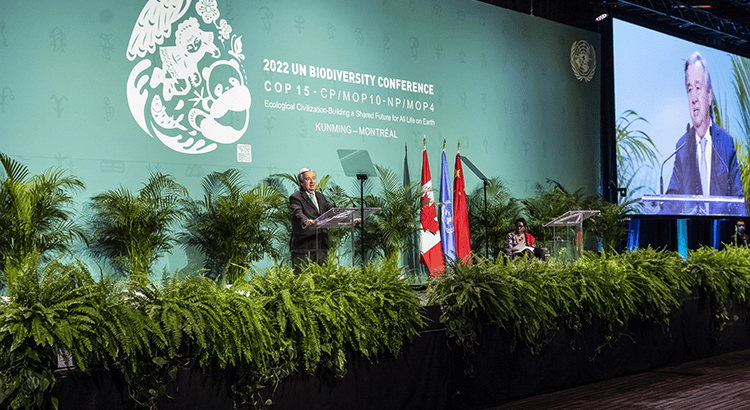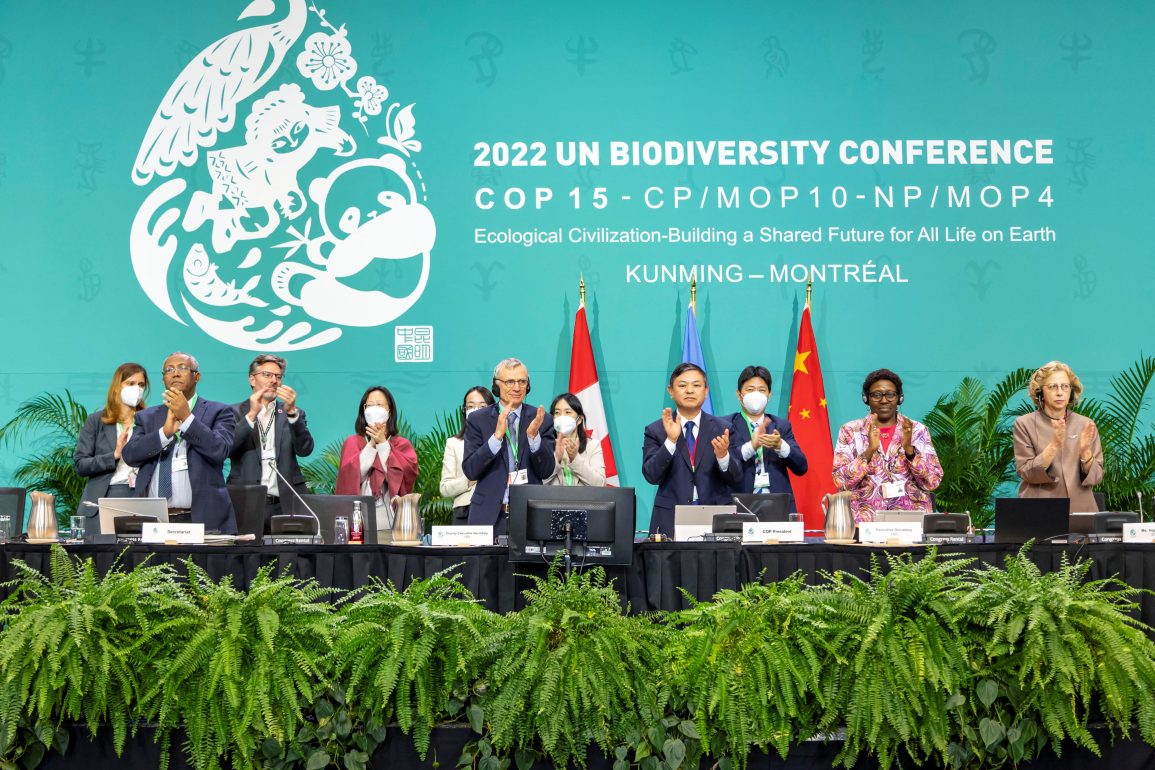Experts warn that governments risk repeating past failures in biodiversity conservation due to slow progress on implementing the ambitious goals set in the 2022 Cop15 agreement. This agreement, reached in Montreal, included critical targets, such as protecting 30% of Earth’s land and marine areas by 2030 (known as the “30×30” target), reforming $500 billion in subsidies that harm the environment, and beginning the restoration of 30% of degraded ecosystems.
However, nearly two years later, at the Cop16 summit in Cali, Colombia, governments are facing criticism for lack of tangible action. Reports reveal that massive areas equivalent to Brazil and Australia still need to be protected, and essential funding of $700 billion annually for restoration remains unallocated.
Observers have noted a lack of concrete national plans and minimal movement on critical financial and policy changes. A UN report highlights that 158 countries have yet to submit formal action plans to meet the biodiversity goals, missing an important pre-summit deadline.
Carbon Brief, a climate and policy research group, reports that the lack of progress is especially pronounced in funding commitments and subsidy reforms, leading many experts to question the political priority given to nature conservation. Campaign for Nature’s Brian O’Donnell expressed frustration, saying that essential measures like finance and area protection are far off track despite the clear metrics for each target.
The UN’s Inger Andersen acknowledged some progress but highlighted that the world has never fully met a biodiversity conservation target. Despite heightened global awareness and scientific warnings about the collapse of ecosystems, critical actions remain slow.

She emphasized that while some efforts are underway, more urgency and commitment are essential, especially with only six years left to meet the 2030 targets. Andersen stated that while it’s uncertain if every target will be met by the deadline, the global community must strive to honor its commitments to nature.
Leading conservationists stress the importance of prompt action. Martin Harper, CEO of Birdlife International, warned against accepting inaction as the norm, underscoring the need for transformative changes in food, energy, and industrial systems.
He emphasized that the next five years are crucial to securing hundreds of billions of dollars for biodiversity, adding that failure to do so could lead to severe environmental and economic consequences by 2030. This sentiment is echoed by scientists and conservationists at Cop16 who caution that delays not only threaten wildlife but also endanger human security, food, and water resources, as well as climate resilience.
With biodiversity declining at a rapid rate, even in protected areas, prominent scientists like Nathalie Seddon and Yadvinder Malhi stress the urgency of the 2030 deadline. They argue that failing to meet these targets could have far-reaching impacts on global economies and climate stability.
Seddon pointed out that resilient ecosystems are essential for mitigating the effects of natural disasters and climate change. Malhi concluded that the limited progress made thus far is insufficient, urging policymakers to deliver strong commitments in the final discussions at Cop16 to safeguard a sustainable future for both humanity and the planet.

